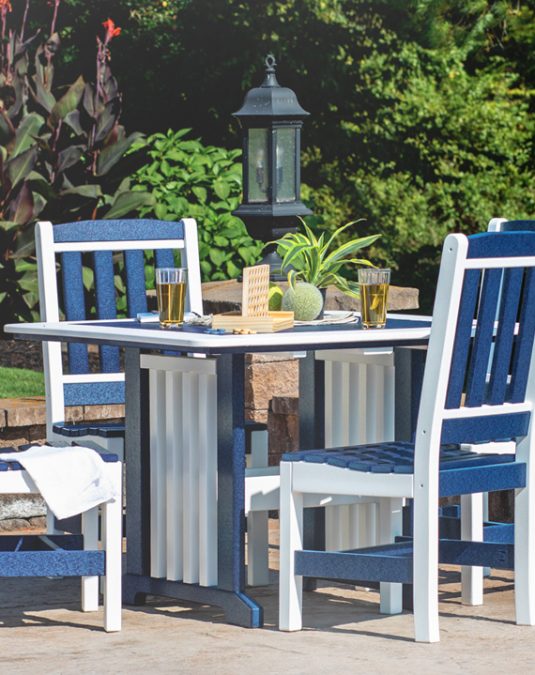RPI Lumber — The Solution of Choice
From retail, to commercial, and architectural settings, our poly lumber material is an attractive and durable alternative to wood and other materials. Our partners come from a wide range of industries all with unique needs where RPI lumber became the solution of choice. Contact us for more information on how RPI lumber can make a difference in your business.
Not sure what fits your business needs?
Let’s talk.
Contact Us


